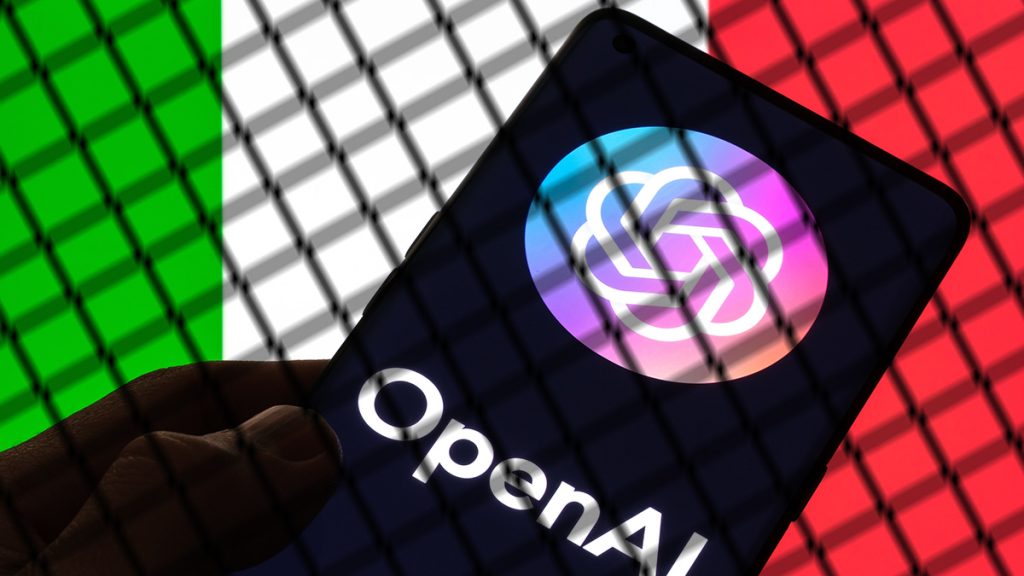
Italy’s recent ban on ChatGPT has caused quite a stir among European regulators, sparking debates and discussions about AI regulation.
- Italy banned the use of ChatGPT due to concerns about fraudulent or malicious purposes, sparking discussions and potential plans for similar bans in other EU countries.
- The EU is aiming to take a proactive approach to AI regulation, balancing the need for innovation with the need for ethical and responsible development, but the specifics of the regulations are still being refined.
While parts of the world are focused on dealing with the TikTok ban dilemma, Italy has taken a proactive stance on ChatGPT. Until April 30th, Italy has blocked access to the AI tool. This decision was met with a mix of reactions, especially in light of the EU lawmakers working on the EU AI Act, a law intended to protect citizens of the bloc from possible dangers AI poses.
Italy’s Stance
Italy has banned the use of ChatGPT in chatbots and customer service interactions due to concerns that it could be used for fraudulent or malicious purposes. The aim here is to protect consumers from false responses generated by immoral actors, such as phishing scams or deepfakes. This decision is indeed considered an important step in regulating AI, and it may prompt other countries to implement similar restrictions. However, there are also concerns about the potential unintended consequences of such regulations, and policymakers need to strike a balance between protecting consumers and encouraging innovation.
Divided the EU Stands
Italy’s ban on ChatGPT has sparked discussions and potential plans for similar bans in other countries such as Germany and France. Policymakers and stakeholders in the EU were already debating the regulation of AI technology. But these developments might light the fire underneath the nations.
The European Commission has proposed a legal framework for AI that emphasizes a risk-based approach to regulation, as well as transparency, accountability, and human oversight in the development and deployment of AI technology. However, the proposal is still being refined and it remains to be seen how it will address the specific concerns raised by Italy’s ban on ChatGPT. Nonetheless, Italy’s ban has brought the issue of AI regulation to the forefront of the discussion in Europe and is likely to lead to further debate and action in the future.
There is a recognition of the challenges involved in regulating AI technology, including the need to balance the potential benefits of innovation with the need to protect consumers and promote ethical and responsible development. The discussions around ChatGPT and AI regulation are part of a broader debate within the EU about the future of AI and its impact on society. The EU is aiming to take a proactive approach to AI regulation, balancing the need for innovation with the need for ethical and responsible development. Ultimately, the goal is to ensure that AI technology is developed and used in a way that benefits society as a whole while minimizing potential harm.
Final Thoughts
Italy’s ban on ChatGPT has sparked important discussions among EU countries about the regulation of AI technology, but it remains to be seen how these discussions will translate into concrete regulations or guidelines at the EU level. Whether you hate or love AI, Italy has a point. But if history is any indication in terms of major decisions, the EU will make a move as a unit.
Inside Telecom provides you with an extensive list of content covering all aspects of the tech industry. Keep an eye on our Intelligent Tech sections to stay informed and up-to-date with our daily articles.